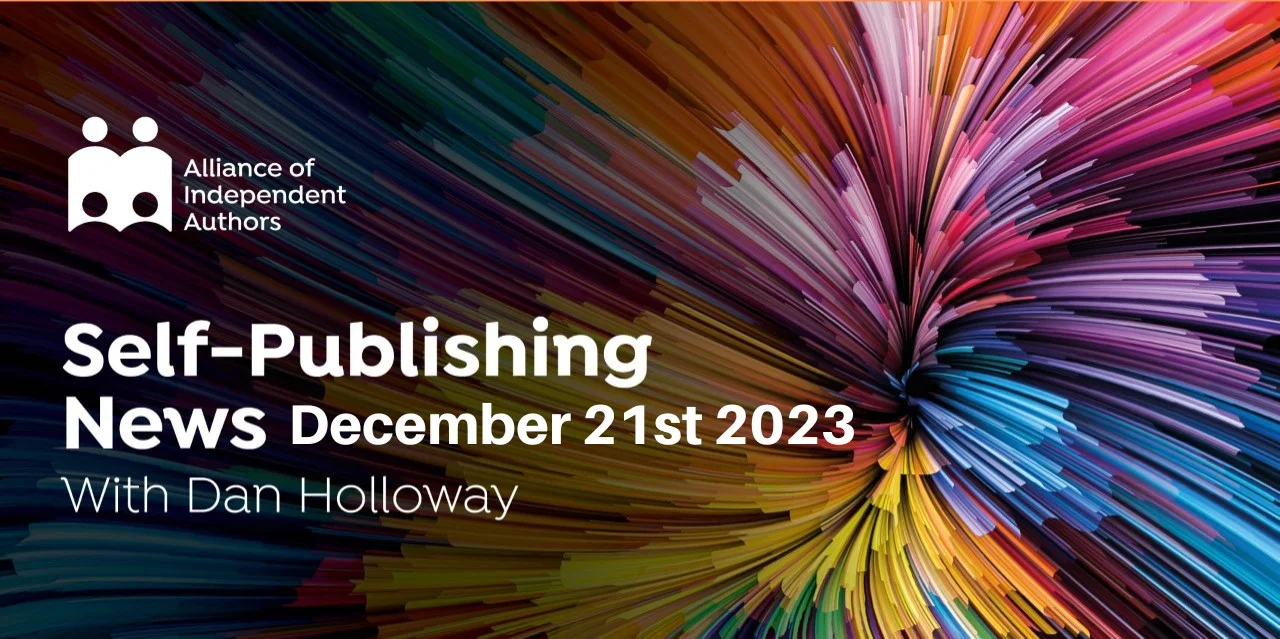
ALLi News Editor, Dan Holloway
After a hiatus last week, AI is very much back in the news again including a new AI agreement in Germany. I will attempt to condense everything into a single item in this ALLi News column, though obviously I am at the mercy of later events overtaking us!
I will start where I always like to start. With a lawsuit. News media companies are suing Google over its use of AI. It’s a very interesting twist in what has been a long history of standoffs between the people who write and publish the news, and the search engines through which those news stories are then discovered. You may remember a year or so ago there was talk of the European Union introducing a so-called link tax. This would have meant news aggregation sites that posted snippets of stories would have to pay the sites whose stories they used.
And earlier this month, Google agreed to pay $100m to Canadian publishers over lost revenue from advertisers as people gain their news without clicking through. AI is at the centre of the latest lawsuit, brought through a US District Court. The claim is that tools such as Google Bard will enable people to get the news in a conversational format that suits their needs. But keeps them within the Google environment. Again, it’s ad revenues that publishers argue will suffer, with figures of 20-40% of total revenue lost being cited.
Talking of revenue, OpenAI has just penned a deal with German publisher Axel Springer. It will allow it to use many of the articles from the publisher behind Politico and Business Insider to train its generative AI.
Australia, meanwhile, is the latest country whose creators have made their feelings on AI known. A cross section of industry bodies from all the creative arts have issued a statement outlining the principles for regulating AI they want their government to adopt. At the heart of these is transparency over the use of material, and consent and recompense as the key principles of use. Alongside that is a recognition of the benefits that AI could bring to the arts. If I had to summarise the sentiment it would be that of an industry saying it wants AI to work “with us and for us.”




